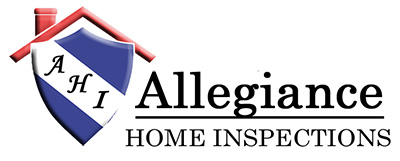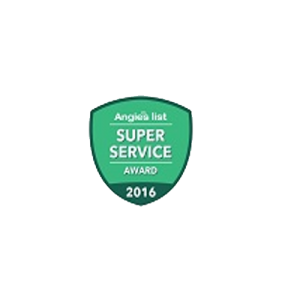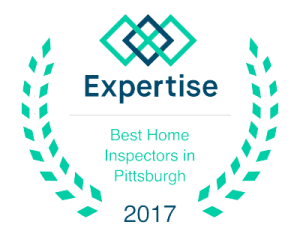Pittsburgh Mold Testing & Inspections: What You Need to Know
What is mold?
Mold is a type of fungus that grows in damp or wet environments. There are thousands of different types of molds, and some can be harmful to human health. Mold can release spores into the air, which can be inhaled and cause respiratory problems, allergies, and other health problems.
Where does mold grow?
Mold can grow anywhere there is moisture. Common places where mold can be found include:
- Bathrooms
- Basements
- Kitchens
- Around leaks or water damage
- In areas with high humidity
- In poorly ventilated areas
Why is it important to test for mold?
Mold can be harmful to human health, so it is important to test for mold if you suspect that there may be a problem in your home. A professional mold inspector can use specialized equipment to detect mold in areas that you cannot see.
What is involved in a mold inspection?
A mold inspection typically involves the following steps:
- The inspector will visually inspect your home to look for signs of mold.
- The inspector will use a moisture meter to check for moisture in areas that are susceptible to mold growth.
- The inspector may collect air samples or swab samples to test for mold.
- The inspector will send the samples to a laboratory for analysis.
What are the health effects of mold exposure?
The health effects of mold exposure can vary depending on the type of mold, the amount of exposure, and the individual’s health. Some common health effects of mold exposure include:
- Respiratory problems, such as asthma and allergies
- Skin irritation
- Eye irritation
- Headaches
- Fatigue
- Memory loss
- Other neurological problems
Who is most at risk from mold exposure?
People who are most at risk from mold exposure include:
- Pregnant women
- Children
- The elderly
- People with weakened immune systems
- People with allergies
- People with asthma
What can I do to protect myself and my family from mold exposure?
The best way to protect yourself and your family from mold exposure is to prevent mold growth in your home. You can do this by:
- Reducing moisture in your home. This can be done by using a dehumidifier, fixing leaks, and ventilating your home properly.
- Cleaning up water damage immediately.
- Avoiding flooding in your basement.
- Inspecting your home regularly for mold.
- Hiring a professional mold inspector to test for mold if you suspect that there may be a problem.
If you find mold in your home, what should you do?
If you find mold in your home, it is important to clean it up immediately. You can clean up small areas of mold yourself, but it is best to hire a professional mold remediation company to clean up large areas of mold or mold that is located in difficult-to-reach areas.
Conclusion
According to the Allegheny County Health Department, 30% of homes in the Pittsburgh area have mold growth. This is higher than the national average of 25%. The high humidity levels in Pittsburgh contribute to the high rates of mold growth in the area.
Here are some additional statistics about mold growth in the Pittsburgh area:
- 50% of basements in the Pittsburgh area have mold growth.
- 25% of bathrooms in the Pittsburgh area have mold growth.
- 10% of kitchens in the Pittsburgh area have mold growth.
- 5% of bedrooms in the Pittsburgh area have mold growth.
Mold can be a serious problem, but it is preventable and treatable. By taking steps to prevent mold growth in your home and by having your home inspected for mold regularly, you can protect yourself and your family from mold exposure.
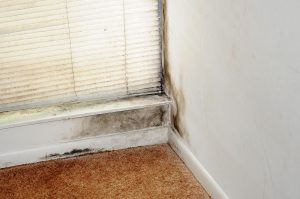
+
